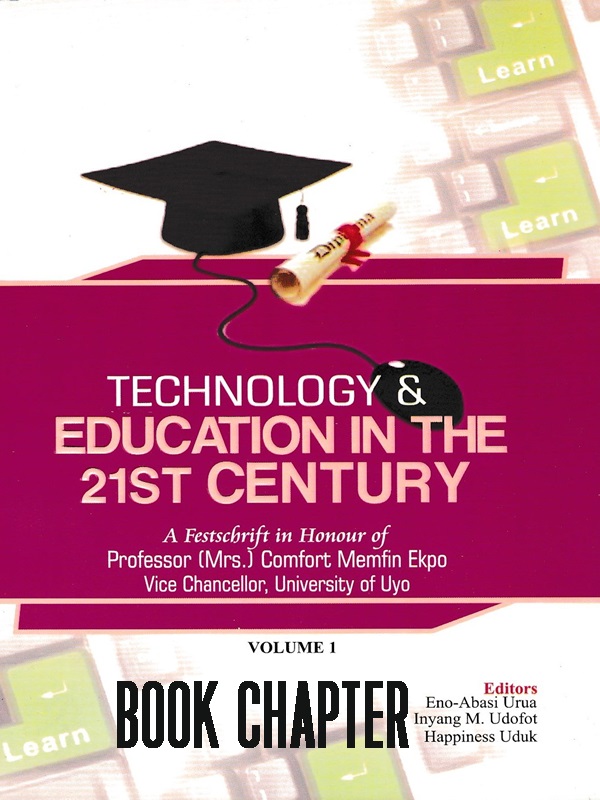Formal and Traditional Education as Sources of Technological Entrepreneurial Skill Development in the Girl-child: A Comparative Study in the Niger-Delta Region, Nigeria by Grace K. Etuk, Udeme A. Peter, Essien A. Udoh,Christiana Isaac Emediong Okon
₦2,440.42
This study was set up to establish Whether there are any differences between traditional education and formal education in laying basic foundations for the development of technological-entrepreneurial skills in the girl-child in the Niger-Delta Region of Nigeria as perceived by the girl-children themselves. The study was guided by one research question and one null hypothesis. The descriptive survey design was used. The study population comprised all girl-children in the upper basic level of education. The population size was 505,367 girl—children
distributed into 2000 Upper Basic public schools. A sample of 2000 girl children was drawn from six states in the region using stratified sampling technique. A minimum of 111 girl-children were selected from each of the three Senatorial Districts of each state. This gave a minimum total of 333 girl— children selected from each of the six states and a sum total of 2000 girl children as the sample for the study. However 1,800 useful copies of the questionnaire were retrieved and all calculations are based on 1,800. Two instruments were used for the
study. These were a Focus Group Discussion (FGDG) and a 10-item section of a researcher—constructed and validated 60-item questionnaire titled “Traditional and Formal Education of the Girl—Child Development Questionnaire (TFEGDQ)”, measured in a 4-point rating scale. The 10-item section of the TFEGDQ when subjected to split-half reliability technique, followed by Cronbach Alpha reliability method yielded a reliability index of 0.72. The hypothesis was analysed using the dependent t-test technique. Both systems of education received favourable ratings in all the items because all the scores were higher than the cut—off point of 2.50. In the overall, traditional education received a higher score than formal education in laying foundations for technological-entrepreneurial skill development. The difference was significant when subjected to the dependent t-test at 0.05 level of significance and 799 degree of freedom. It was concluded that traditional education has more capabilities than formal education laying the foundation for technological-entrepreneurial skill
development in the girl-child in the Niger—Delta Region of Nigeria, and recommended that the school curriculum should pay more attention to the development of technological—entrepreneurial skills in the learners.
Key Words: Formal, traditional, education, technological, skill, development, girl-child.
Questions and Answers
You are not logged in
